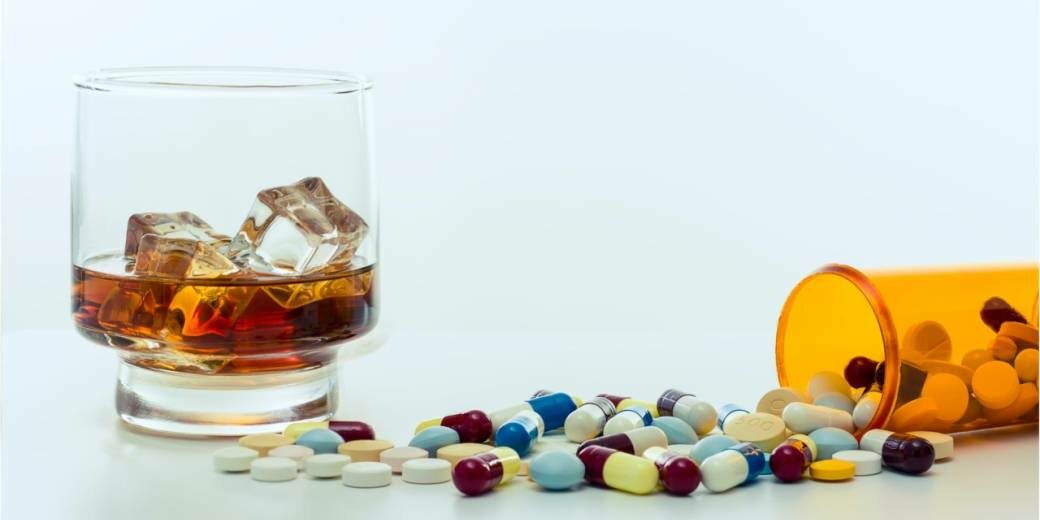You’ve possibly heard or seen a warning on medications that read “don’t drink this with alcohol.” We’ve to turn out to be so proof against labels that most of us don’t even bother reading or paying attention to warnings. However, we’re here to inform you that the danger is very real.
Never combine alcohol and medications. Alcohol will make you tired, drowsy, lightheaded, and unstable, just like some medicines. If you drink alcohol while on a medication that also causes any those, it can amplify these effects and make you feel much worse. You may be unable to perform simple tasks or have difficulty focusing or even increase the risk of falls, especially for elderlies.
Although consuming alcohol does not make antibiotics less effective, it does increase the risk of experiencing some side effects. Pro tip: never drink alcohol with doxycycline, erythromycin, metronidazole, tinidazole, ketoconazole, isoniazid, linezolid, and griseofulvin.
Here’s what can happen if you drink alcohol with these drugs:
- Nausea
- Vomiting
- Flushing (redness of the skin)
- Headache
- Dizziness
- Lightheadedness
- Digestive problems, such as diarrhea, stomach pain, and ulcers
- Tiredness
- Excessive sweating
- Increased heartbeat
- Liver damage
- High blood pressure
Alcohol is not only found in beer, wine, liquor, and some drinks. It can also be found in mouthwashes and cold medications. Hence, before using a product, make sure to look at the labels, especially if you have had an alcohol-antibiotic reaction before. In most cases, this would not be an issue as most doctors only prescribe antibiotics for a week or two.

